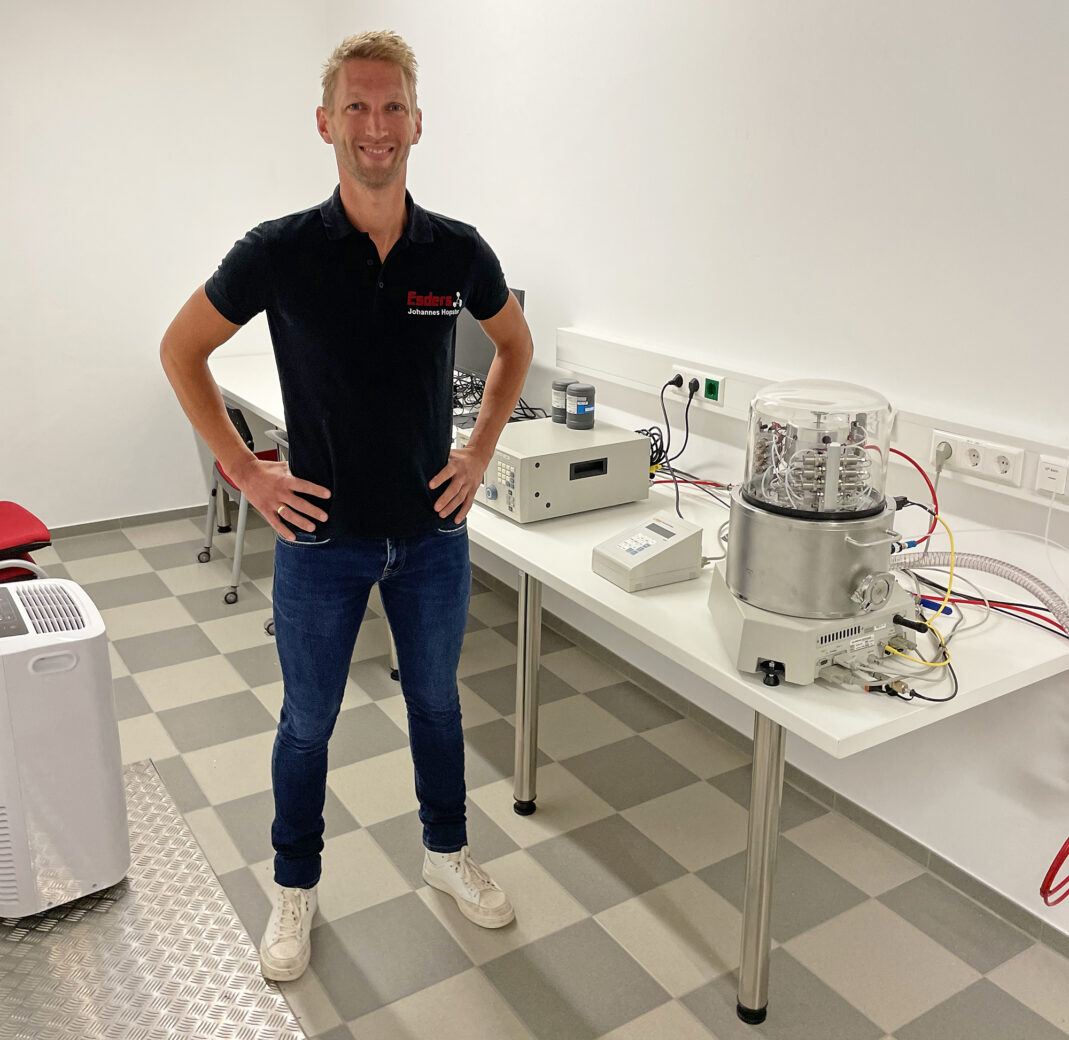
We are currently setting up our new calibration laboratory! What is it actually and why are we doing it?
A calibration laboratory is a facility where various measuring devices and instruments are tested for accuracy and then adjusted. This is important to ensure that the measurements are reliable and accurate. Regular calibration of the measuring devices is of crucial importance both for us and for the users of our measuring devices. Incorrect readings can lead to costly wrong decisions or even life-threatening situations.
Until now, part of our devices had to be sent to an external calibration laboratory that has the required accreditation, i.e. an official confirmation that the laboratory meets certain quality standards. It is a kind of “quality label”, so to say. In order to be accredited, the laboratory must meet strict requirements that are set by independent accreditation agencies. In Germany, this is the DAkkS (= German accreditation agency), i.e. the national accreditation authority of the Federal Republic of Germany.
After assembling the circuit boards and manufacturing the mechanical components on our own CNC machine, we are now also going to have our own calibration laboratory. The centrepiece will be a piston manometer with automatic mass support.
This has several advantages. By having an internal calibration laboratory, we can reduce costs for external calibration services in the long term. It also saves us time, because we can then carry out the calibration of the measuring devices flexibly and promptly in the future. There is no need to wait for external service providers, which leads to more efficient use of the measuring instruments and faster availability. In addition, we can continuously monitor and ensure the quality of our measuring devices. Through regular calibrations, deviations are detected and corrected at an early stage, which leads to more precise measurement results and higher accuracy.
In this way, we ensure that our devices meet the required quality standards and do exactly what we develop them to do: save resources, i.e. provide technology for personal and environmental protection.
PS: We also make our doctor of physics, Johannes Hopster, a little bit happier with this 😉
